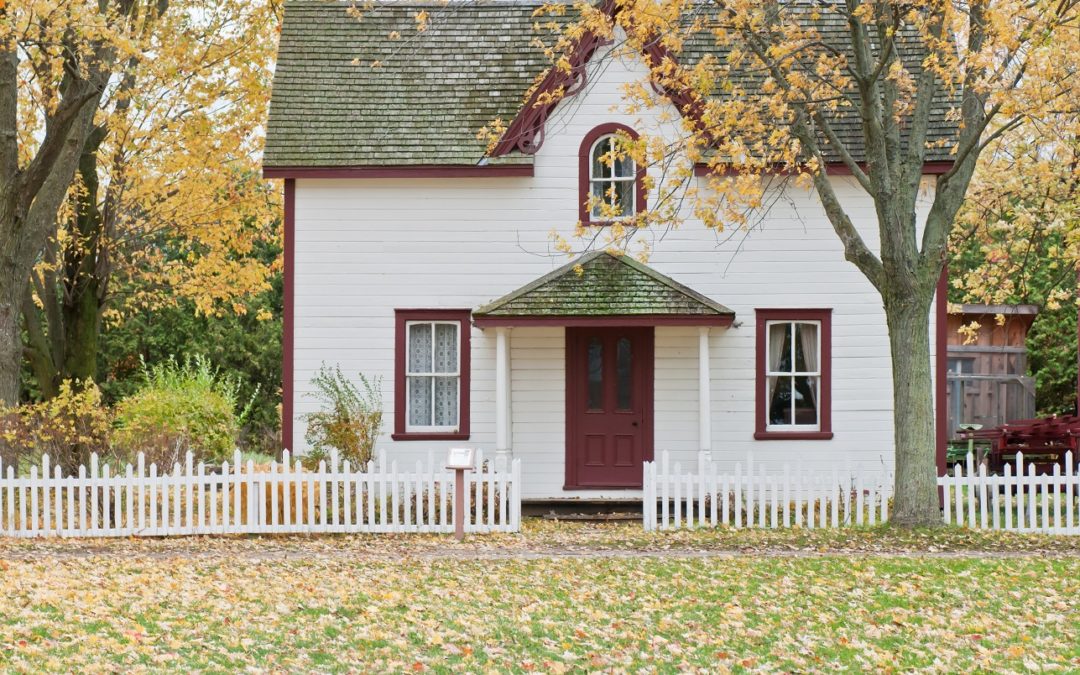Part 7: HVAC
I know I indicated in part 6 of this series that part 7 would be a wrap up of everything else. Once I got into HVAC, I decided it warranted its own post. Although I’ve touched on HVAC (Heating, Ventilation and Air Conditioning) in other parts of this blog series, I want to take some time to go a little further in depth. HVAC can be one of the most expensive areas of concern and often the the source of common defects found in a home inspection.
Home inspectors are trained to inspect the general overall condition of the system but are not HVAC contractors. There will be times when you need to hire an HVAC contractor to do further inspections. For example, many home inspectors may not be able to detect a cracked heat exchanger because their inspection is mechanically limited to what can be seen without dismantling the furnace.
If you live in a colder climate, a home inspector may not check the air conditioner in winter. Most manufacturers warn against testing an outdoor condensing unit in cold weather. The reason is that the lubricant used in units does not function well when it is cold. The oil is too thick for safe operation. HVAC professionals warn not to run an outdoor unit until you have had 2 consecutive 65 degree weather days or you can damage the system.
What are home inspectors required to test on an HVAC system?
The American Society of Home Inspectors (ASHI) set forth the following standards:
Section 8: Heating
8.1 – The inspector shall:
- Open readily openable access panels
- Inspect: Installed heating equipment
- Vent systems, flues and chimneys
- Distribution systems
3. Describe:
- Energy source(s)
- Heating systems.
8.2 – The inspector is NOT required to:
- Inspect:
- Interiors of vent systems, flues and chimneys that are not readily accessible
- Heat exchangers
- Humidifiers and dehumidifiers
- Electric air cleaning and sanitizing devices
- Heating systems using ground source, water source, solar and renewable energy technologies
- Heat-recovery and similar whole house mechanical ventilation systems.
- Determine:
- Heat supply adequacy and distribution balance
- The adequacy of combustion air components
Section 9: Air Conditioning
9.1 – The inspector shall:
- Open readily openable access panels
- Inspect:
- Central and permanently installed cooling equipment
- Distribution systems
- Describe
- Energy source(s)
- Cooling systems
9.2 – The inspector is NOT required to:
- Inspect electric air cleaning and sanitizing devices
- Determine cooling supply adequacy and distribution balances
- Inspect cooling units that are not permanently installed or that are installed in windows
- Inspect cooling systems using ground-source, water-sources solar and renewable energy technologies.
Please know that some home inspectors may have training or equipment that allows them to do more than the above guidelines, but these are the standards set by ASHI
What can Homeowners do to keep HVAC running well?
1. Annual Inspections – many HVAC contractors have service programs where they come in once or twice a year to do a clean and check of your system. This is a great way to keep your system clean and operating at peak condition. Most professionals agree that spring and fall are the best time because of weather conditions. As I mentioned above, the air conditioning can only be examined fully in 65 plus degree weather. Having these inspections can also detect problems before they happen, saving you time and money. The cost of an emergency weekend call will have you wishing you had the maintenance charge twice a year.
2. Change Filters – The easiest way to keep your system working properly is to change the filters per the manufacturer’s recommendation.
3. Keep vents open – People often think they are saving money by closing vents in specific rooms. It is actually costing you more because your unit will work inefficiently trying to maintain the proper temperature. It is best if you don’t close vents or cover them with furniture or other objects.
4. Keep Ductwork clean – Having clean ducts and occasionally having them inspected can save on energy ($$$).
5. If your furnace or air is not working – check the batteries in your thermostat! Quite often this is a simple fix and can save you an expensive HVAC service call.
Other energy saving tips that will help optimize your system and save you money!
- Check and update your insulation
- Turn down your thermostat
- Use a programmable thermostat
- Seal your home from winter drafts
- Have an energy audit to see where you have problem areas
- Consider renewable energy resources (solar panels is the most commonly available resource for homeowners)
I hope this added blog on HVAC will help you not only with your home inspection but in maintaining your system year round. Be watching for the series wrap up Part 8: Everything Else.

